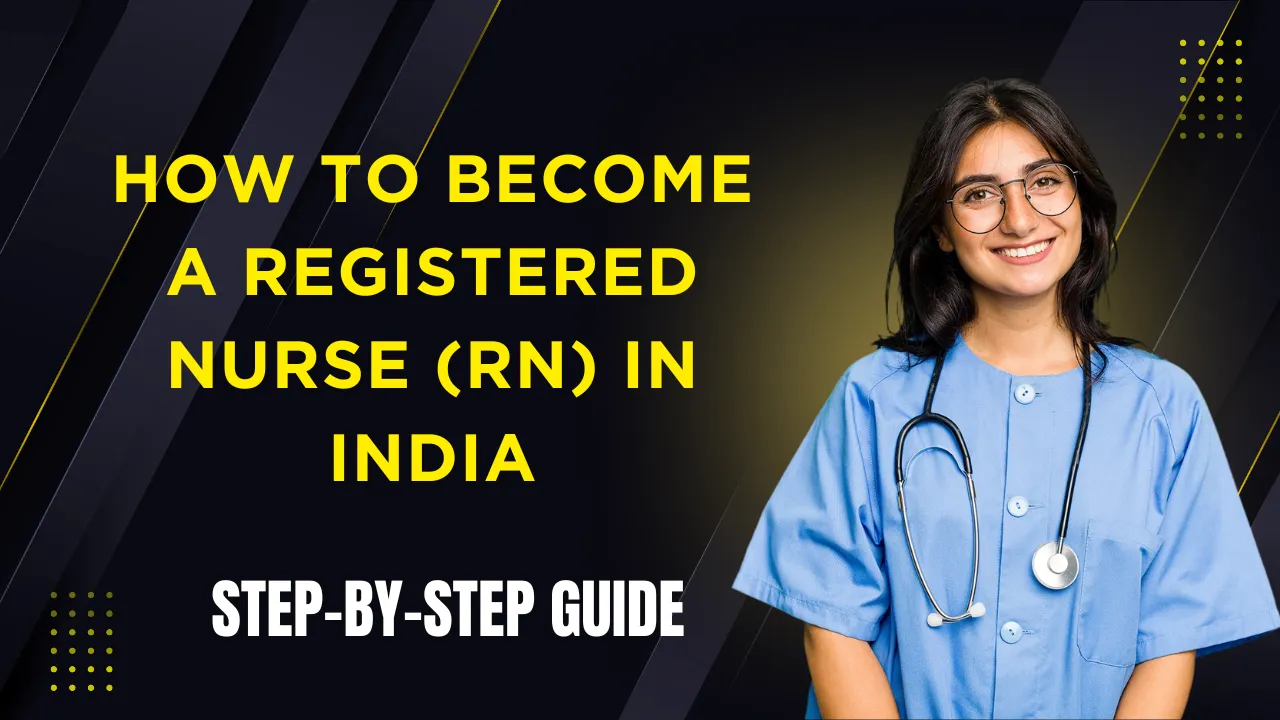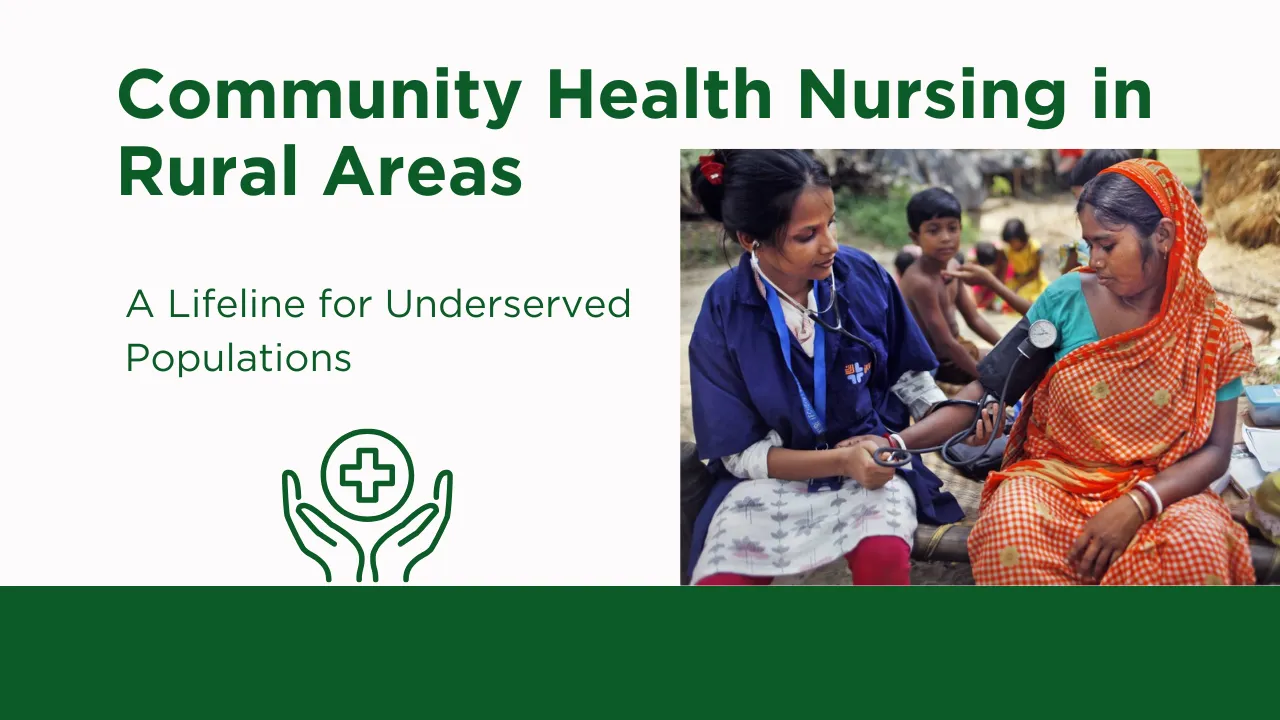Registered Nurse in India: If you’re passionate about serving others, love science, and are looking for a stable and respected profession, nursing could be your calling. Becoming a Registered Nurse in India opens doors to a fulfilling career in hospitals, community health centers, education, research, and even international healthcare. But how do you get started?
This article will walk you through the complete process — from education to registration — to help you confidently take your first steps in nursing.
Step 1: Choose the Right Nursing Course
To become a Registered Nurse in India, you must first complete a nursing program recognized by the Indian Nursing Council (INC).
Popular Pathways:
| Course | Duration | Qualification Type | Eligibility |
| ANM (Auxiliary Nurse Midwife) | 1.5 to 2 years | Diploma | 10+2 (any stream, Science preferred), 17+ years age |
| GNM (General Nursing & Midwifery) | 3–3.5 years | Diploma | 10+2 with English, 40% marks minimum |
| B.Sc. Nursing | 4 years | Degree | 10+2 with Physics, Chemistry, Biology (PCB) and English, 45–50% marks |
| Post Basic B.Sc. Nursing | 2 years | Degree | Must have completed GNM and registered with SNRC |
Recommended: B.Sc. Nursing offers the best opportunities for higher education, specialization, and jobs in India and abroad.
Step 2: Gain Practical Training
All INC-approved nursing programs include mandatory clinical training in hospitals, rural healthcare centers, and community health setups.
This hands-on training ensures you’re well-prepared to care for patients, assist in medical procedures, and work confidently in real-world scenarios.
Step 3: Register with Your State Nursing Council (SNRC)
Once you complete your course, the next critical step is registration with your State Nursing Council. You cannot legally practice as a Registered Nurse in India without this.
General Registration Process:
- Get the Application: Available online or at your state council office.
- Fill Out the Form: Enter accurate personal, academic, and course details.
- Attach Required Documents:
- Nursing course mark sheets and certificates
- 10th and 12th mark sheets
- ID proof (Aadhar, PAN, etc.)
- Passport-sized photos
- Course completion and internship certificates
- Migration certificate (if applicable)
- Nursing course mark sheets and certificates
- Pay the Fee: Usually ₹500–₹1,000 (varies by state).
- Submit and Verify: Apply online or in person. Some states require biometric verification.
- Receive RN Certificate and NUID: Once verified, you’ll get:
- Registration Certificate (proof that you are an RN)
- NUID (National Unique Identity) from the NRTS Portal of the INC
- Registration Certificate (proof that you are an RN)
Pro Tip: Always keep digital and hard copies of your documents for future renewals or job applications.
Step 4: Keep Your Registration Active
Nursing registration isn’t for life. Most states require you to renew every 5 years, which may include:
- Continuing Nursing Education (CNE) hours (like refresher courses)
- Renewal form submission
- Updated ID and certificates
- A small renewal fee
Failing to renew may lead to suspension of your license to practice.
Why State Registration Matters
- It is mandatory by law to practice as a nurse.
- Hospitals and government agencies will not hire unregistered nurses.
- Without a valid certificate, you cannot apply abroad for nursing jobs.
FAQs
Q1: Can I register in a different state from where I studied?
Yes, but you’ll need a migration certificate and may have to follow that state’s specific process.
Q2: Do I need to register again if I do Post Basic B.Sc. Nursing?
Yes, after completing Post Basic, you must update your registration to reflect the new qualification.
Q3: What is the NUID number for nurses?
It’s a national identity number for nurses in India, issued via the NRTS portal by INC. It tracks your qualifications and registration across states.
Q4: Can I work while my registration is being processed?
It depends on the hospital’s policy. However, officially, you must be registered before practicing independently.
Q5: Is the RN certificate valid for jobs abroad?
Yes, but some countries require passing additional licensing exams like NCLEX (USA) or OSCE (UK).
Final Thoughts: Your Path to Nursing Starts Here
Becoming a Registered Nurse in India requires dedication, practical training, and formal registration — but the rewards are immense. You’ll join one of the most respected professions, with opportunities to serve, grow, and make a real difference in people’s lives.
Whether you choose GNM, B.Sc. Nursing, or advance further, remember: compassion, continuous learning, and strong ethics are at the heart of every successful nurse.
Would you like a downloadable checklist or printable infographic to track your registration journey?












